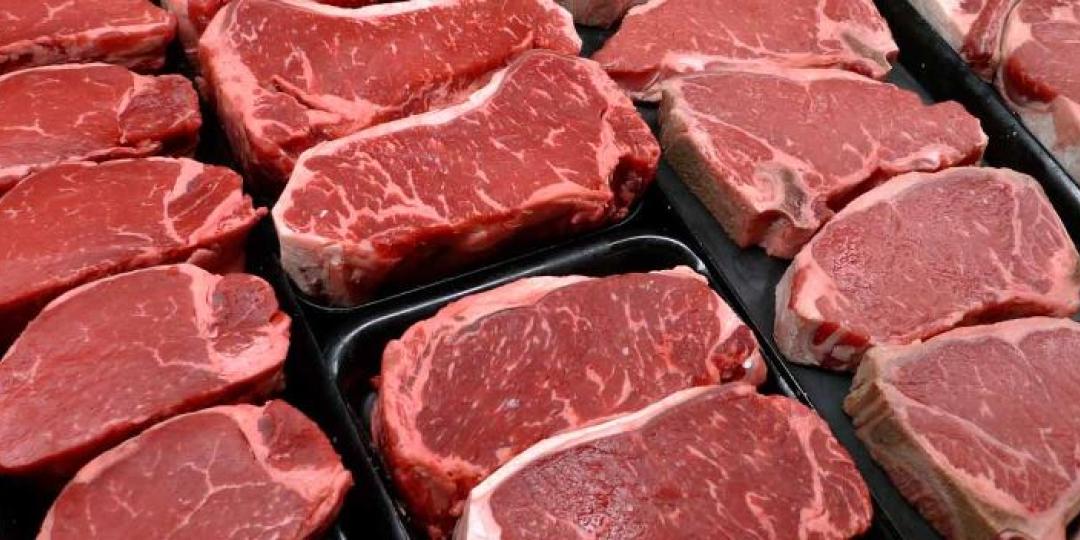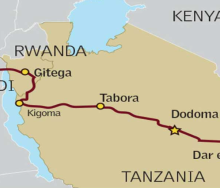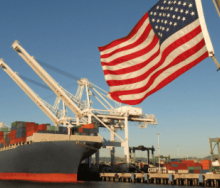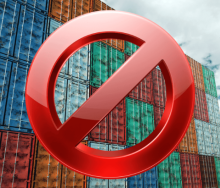South Africa’s red meat industry is facing competition after the government of Botswana authorised the export of 30% of the country’s beef herd.
The Botswana Meat Corporation (BMC) is also exporting greater quantities of stored beef to South Africa.
“The implication of this is that, together with the effect of the announcement, beef and weaner prices can come under pressure locally,” claimed Red Meat Producers Organisation (RPO) CEO, Gerhard Schutte.
The decision by the Botswana government aims to support farmers affected by the regional drought. Applications for exports must be made to the Department of Animal Production of Botswana and must comply with the veterinary import requirements of the importing country and ownership must be proved.
Botswana's Animal Information and Traceability System will also be used to confirm ownership of animals.
Despite these measures, Schutte said the RPO was of the opinion that the move would put further financial pressure on commercial and emerging cattle farmers in South Africa.
“The RPO has for some time ensured that import permits for slaughter purposes from neighbouring countries have been finalised according to the guidelines of the International Animal Health Organisation (OIE) together with Standard Operational Procedures,” he said.
According to him, the import permit provides that livestock from neighbouring countries can be exported for slaughter purposes under strict conditions and with proof of an animal health certificate. The certificate includes a list of diseases that need to be tested to prove its disease-free status. This may include quarantine measures.
The measures further stipulate that the animals exported for slaughter purposes must go directly to abattoirs in South Africa and/or to feedlots which then slaughter the livestock.
“The RPO understands that due to the free market measures that apply within the South African Development Community (SADC) and the South African Customs' Union (Sacu), imports from Botswana cannot be prevented,” said Schutte.
He added that the RPO would ensure that the imports would be conducted according to the current import measures for livestock imports from neighbouring countries for slaughter purposes.
“A personal discussion has already been held with Dr Mpho Maja, director of Animal Health and an undertaken has been given. It is also true that a Standard Operational Procedure must be negotiated between the Botswana government and the director of animal health in South Africa before any imports can be made,” said Schutte.
He described the decision by the Botswana government as “just another example of neighbouring countries implementing unilateral measures and legislation”.













